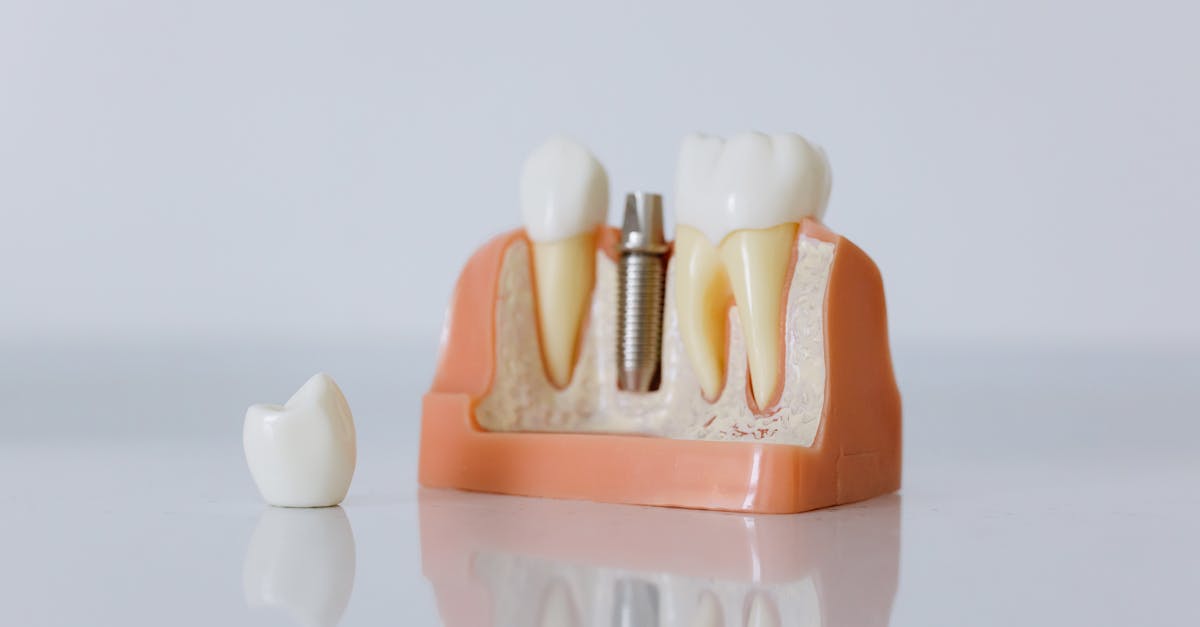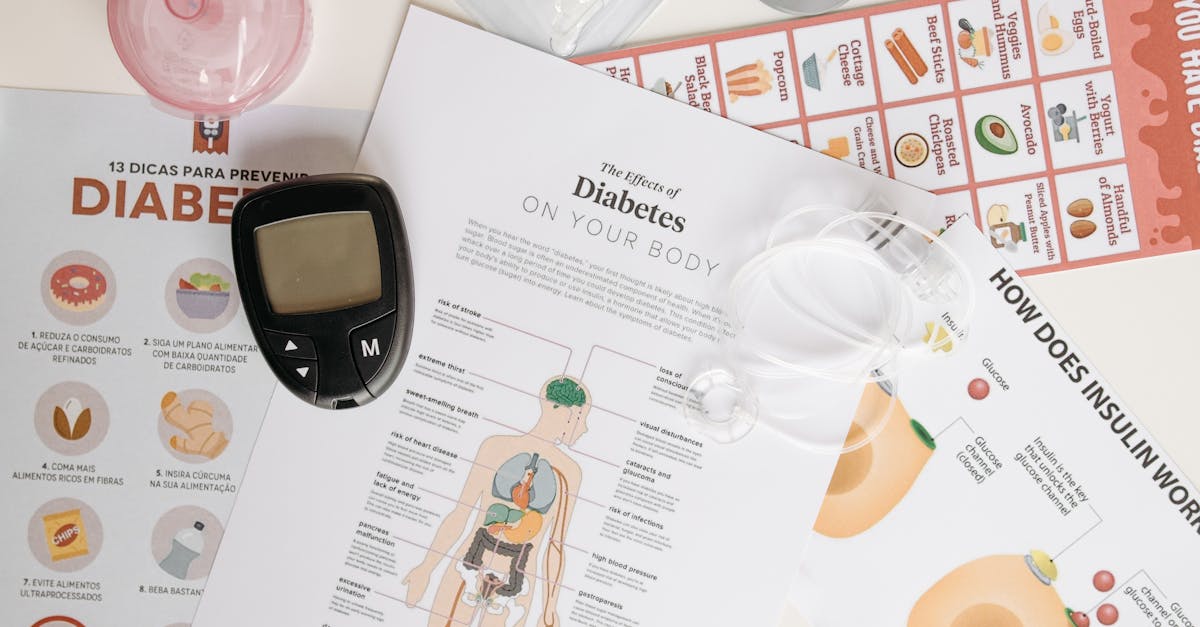Full Mouth Dental Implants Guide
Introduction
Full mouth dental implants offer a comprehensive solution for individuals missing most or all of their teeth. This transformative dental procedure aims to restore both function and aesthetics, giving a new lease on life. Understanding the nuances of full mouth dental implants can empower individuals considering this beneficial treatment.
Advertisement
Understanding Dental Implants
Dental implants are artificial tooth roots, typically made of titanium, surgically placed into the jawbone. They serve as a robust foundation for permanent or removable replacement teeth crafted to match natural teeth. The integration with the jawbone, known as osseointegration, ensures stability and longevity.
Advertisement
How Full Mouth Implants Differ
Unlike single implants, full mouth dental implants involve securing a fixed set of teeth on four or more strategically placed implants. This method minimizes the number of implants needed and offers a cost-effective solution for complete tooth restoration. They're an ideal choice for individuals with considerable tooth loss or deterioration.
Advertisement
The Procedure: What to Expect
The process begins with a thorough consultation and examination by a dental specialist. Digital imaging and impressions are used to craft a personalized treatment plan. Surgery typically requires sedation, where implants are inserted into the jawbone. Once healed, custom-designed prosthetic teeth are affixed, completing the smile reconstruction.
Advertisement
Recovery and Aftercare
Post-surgery, it's common to experience swelling and discomfort, manageable with medication and ice packs. The integration phase may take several months, during which patients should adhere to dietary guidelines and oral hygiene routines. Regular follow-up visits ensure optimal healing and implant success.
Advertisement
Benefits of Full Mouth Implants
These implants provide a natural-looking and functional solution that improves speech, chewing, and overall oral health. Unlike dentures, they offer stability, eliminating slippage and enhancing confidence. Moreover, they prevent bone loss by mimicking natural tooth roots, preserving facial structure.
Advertisement
Potential Challenges
Due to the surgical nature, potential risks include infection, nerve damage, or implant failure. However, choosing an experienced dental specialist significantly mitigates these risks. Candidates must have adequate bone density; if not, preparatory grafting might be necessary to support the implants.
Advertisement
Candidate Suitability
Ideal candidates are those in good general health with sufficient bone structure. Non-smokers are preferred as smoking can hinder healing. A comprehensive evaluation determines suitability, ensuring both the patient's health and the success of the implants are prioritized.
Advertisement
Costs and Considerations
While full mouth dental implants represent a significant investment, the results can last a lifetime with proper care. Insurance coverage may vary, so it's crucial to discuss options with both the dentist and the insurance provider. Considering the long-term benefits often surpasses initial expense concerns.
Advertisement
Conclusion
Full mouth dental implants transform lives by restoring function and aesthetics to those missing teeth. With proper care, they provide a lifetime solution, enhancing one's quality of life. Consulting an experienced dental professional is the first step toward rediscovering a confident smile.
Advertisement


